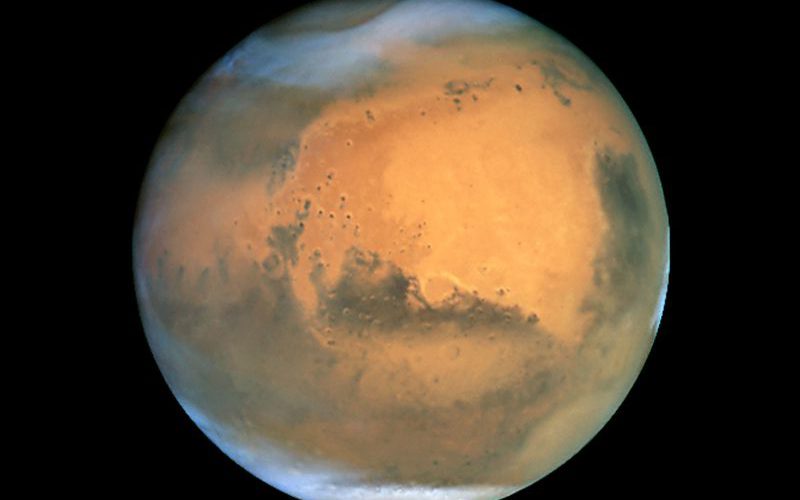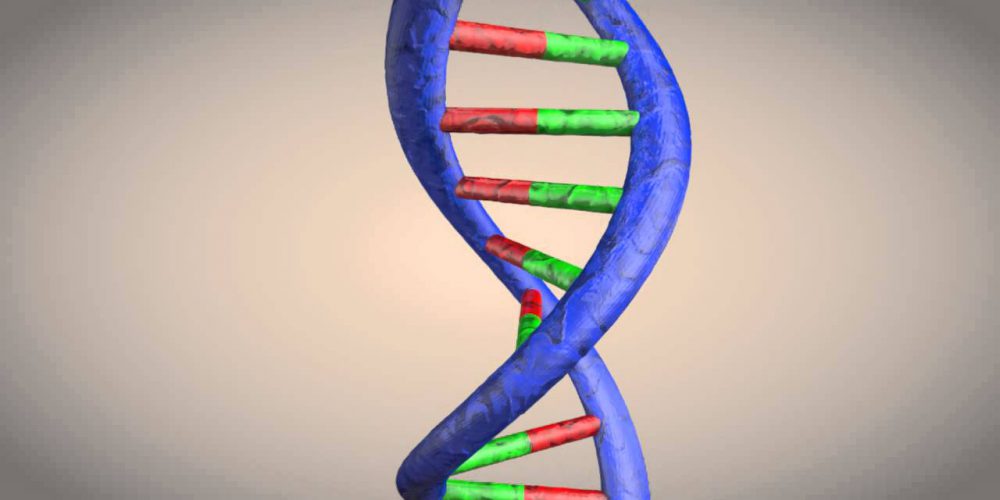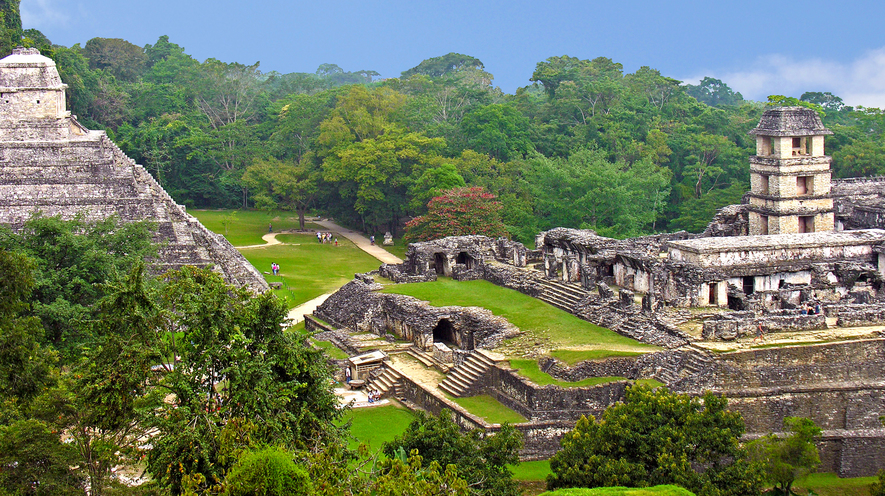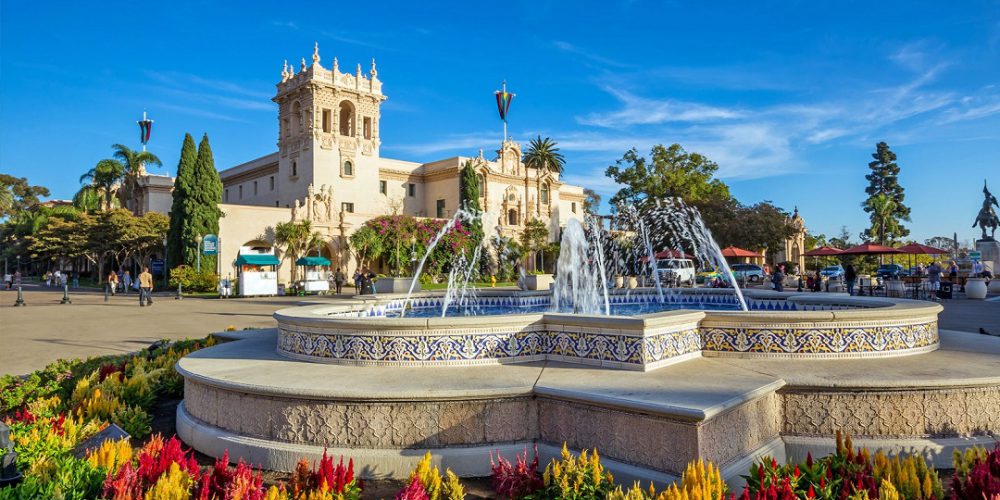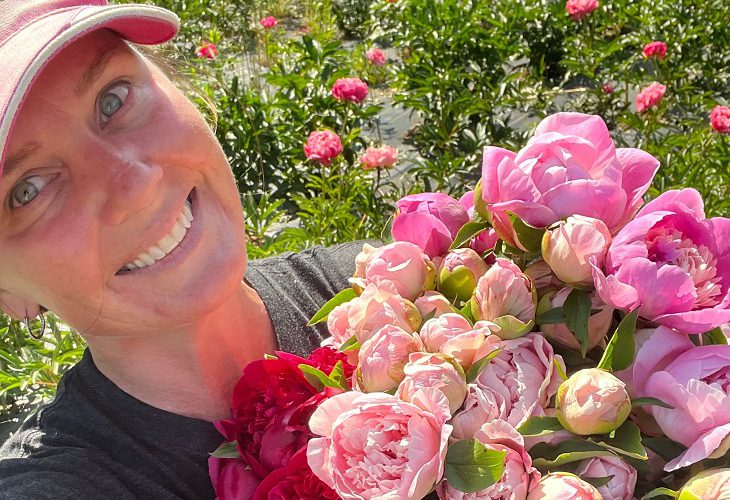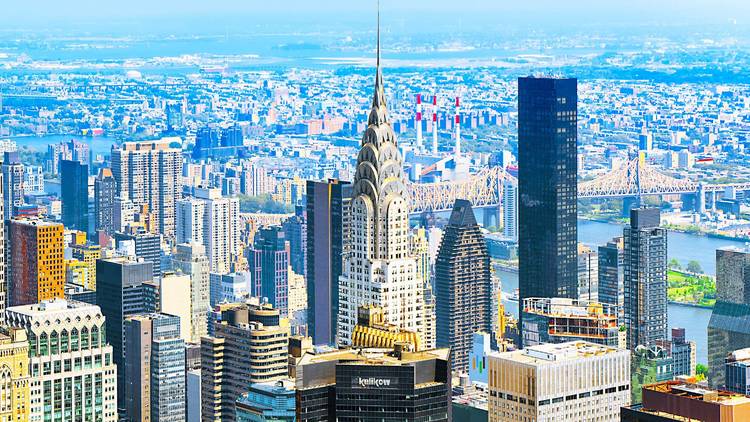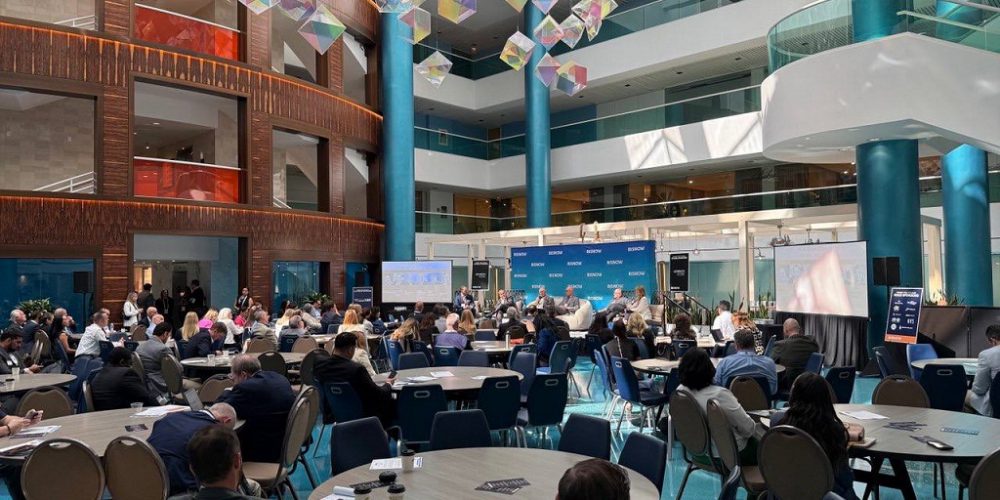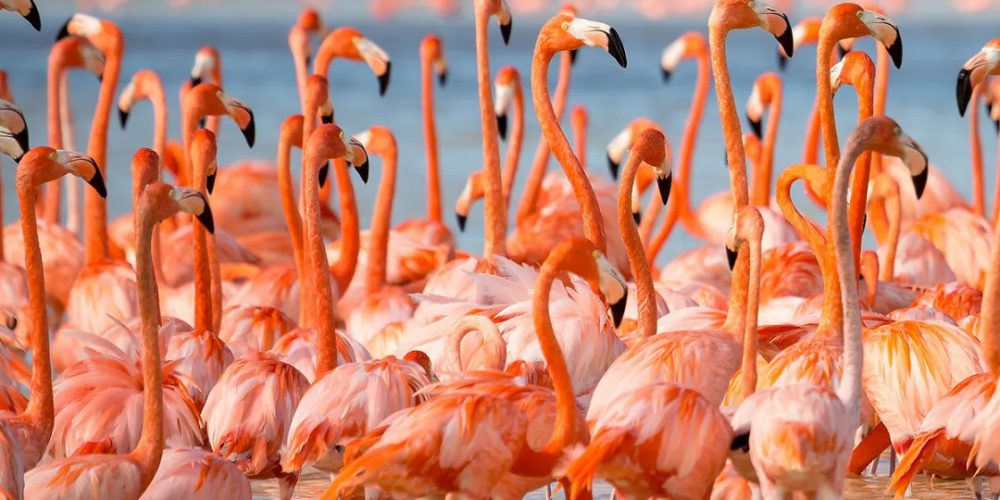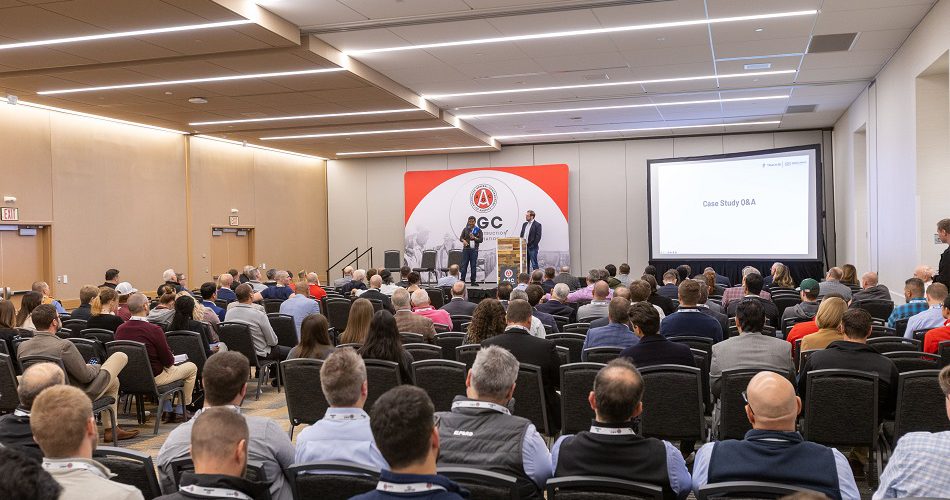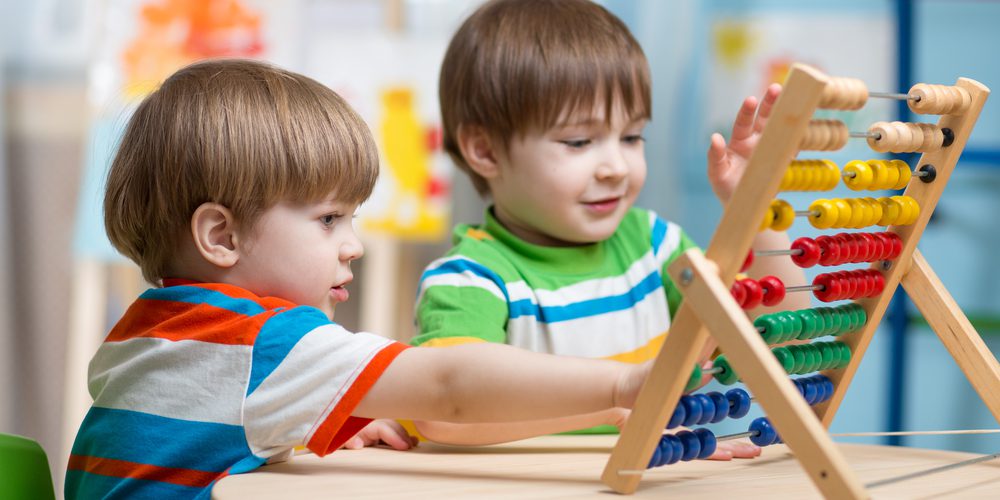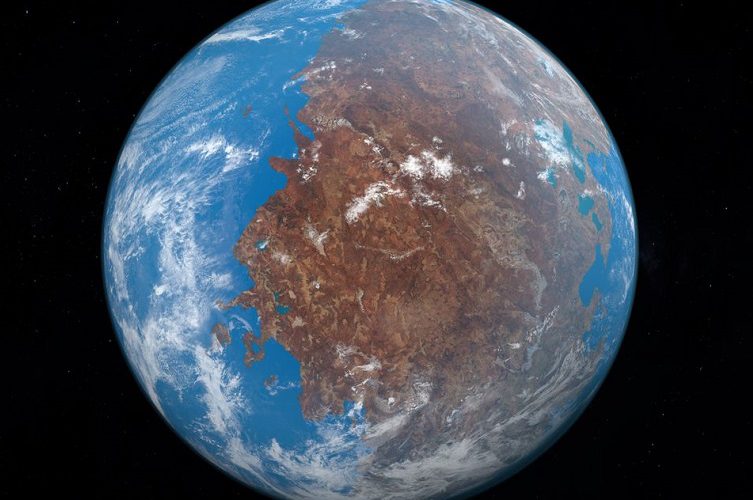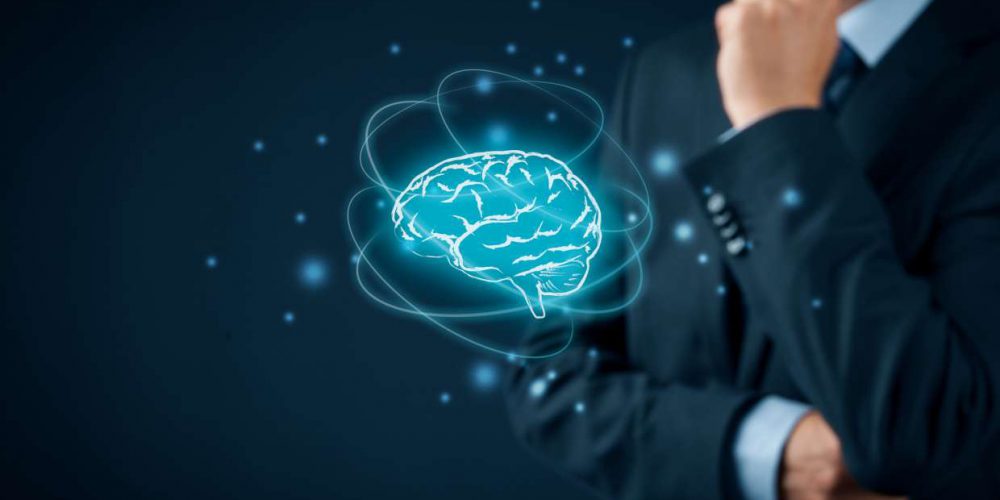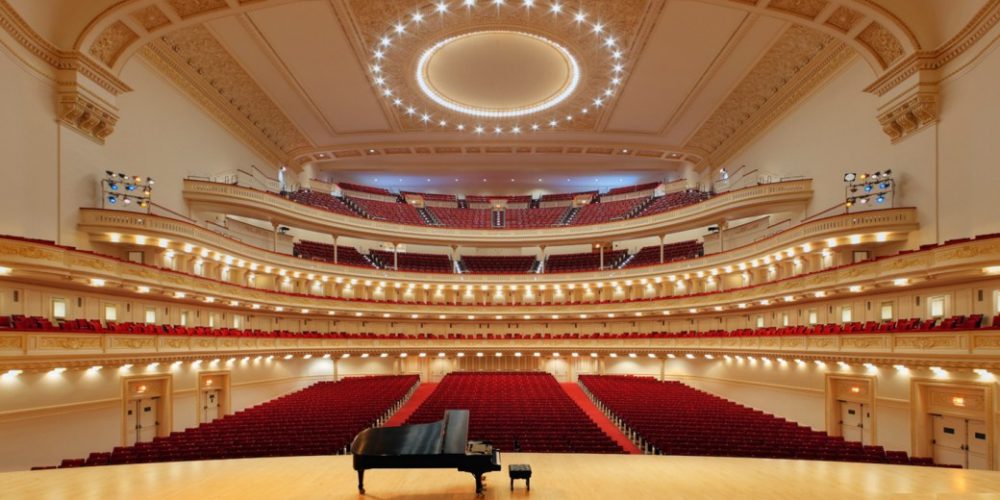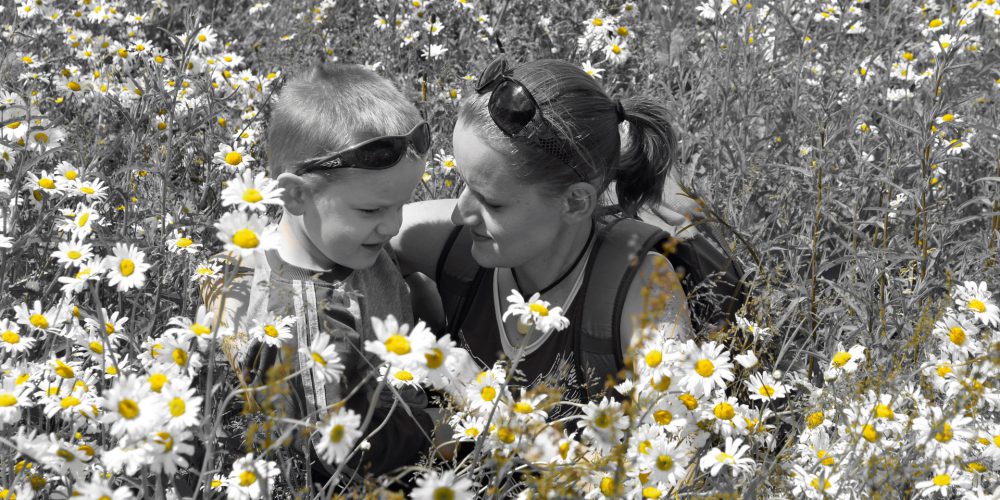Kevin Gover, director of the Smithsonian’s National Museum of the American Indian shares his opinion on the celebration of Columbus Day
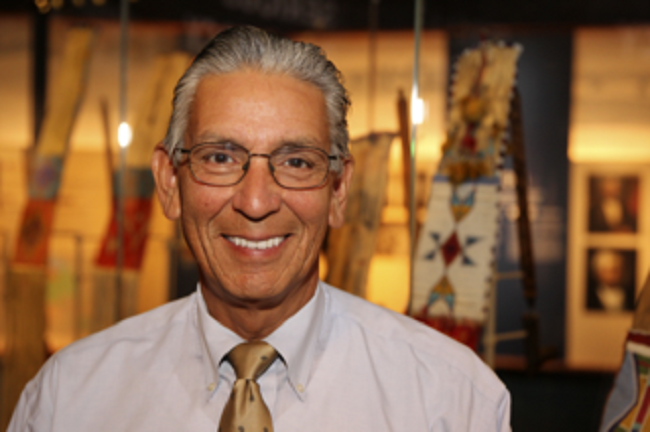
Scores of cities and a growing number of states are renaming Columbus Day to honor the history and cultures of America’s indigenous peoples.
“For decades, Americans have marked the second Monday in October as “Columbus Day.” Why Columbus? Because, as my generation learned in school, Columbus “discovered America,” says Kevin Gover, director of the Smithsonian’s National Museum of the American Indian. He is a citizen of the Pawnee Tribe of Oklahoma.
“But of course, he did not. The two continents of the Western Hemisphere, including the Caribbean islands that Columbus invaded, had long since been settled and put to use by a stunning array of peoples,” Kevin Gover adds.
Most students today know at least that there were people here when Columbus arrived and that Columbus does not have a central role in the founding of the United States.
Scores of cities and a number of states, among them Alaska, Hawaii, Maine, Minnesota, Oregon, South Dakota, Vermont and Wisconsin, have officially renamed the federal holiday — choosing instead to honor the rich history and cultures of the indigenous peoples of the Americas.
Why celebrate Columbus?
“Still, the majority of American cities and states continue to celebrate a European explorer who never actually landed in what is now the United States.
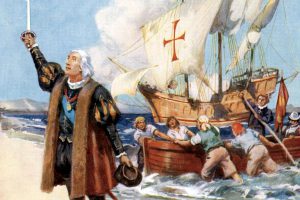
They do not mention that colonial takeovers of the Americas, starting with Christopher Columbus, led to the deaths of millions of Native people and the forced assimilation of survivors,” Kevin Gover continues his narration.
“The observance of Columbus Day is the outgrowth of a whitewashed history, perpetuated in public discourse and in our schools, where native and non-native children, from the earliest age, are taught simplistic, incomplete and inaccurate information about American Indians. Think back to your own childhood. Were you taught that Pocahontas saved Captain John Smith or that “the First Thanksgiving” celebrated a lasting peace between the Pilgrims and the Wampanoag?”
“These simplistic and incomplete narratives do much to obscure our understanding of American history. These narratives, in turn, influence government policies and shape how non-natives respond to their Native American neighbors. The harm from ignorance and stereotypes continues to be visited on American Indian children. I know. I was one of those children.” Kevin Gover says.
“Most current teaching of Native American history and culture also disserves non-native children and deprives them of a comprehensive view of how the country was actually formed. One-dimensional, inaccurate lessons on topics such as Columbus Day, Thanksgiving, Pocahontas and the Trail of Tears erase native historical narratives and significant native contributions to the arts, sciences, military service and contemporary American life.”
Value vibrant American Indian culture
Every week, teachers and parents contact the Smithsonian’s National Museum of the American Indian, searching for accurate information about Native American history and cultures.
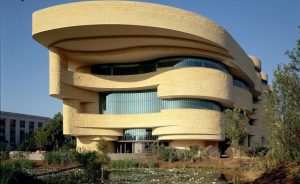
As the nation’s only national museum devoted to advancing knowledge and understanding of those cultures, the museum is positioned to provide national leadership and help elevate the conversation about native peoples.
That is why the museum launched a national educational initiative providing more accurate perspectives on Native American history and cultures for educators and students. Educators can learn and then teach a more complex and nuanced history that underscores the role of Native Americans in the development and growth of the United States. The initiative coincides with the larger national conversation in the US today about race, historical monuments and how Americans remember and honor their history.
“One thing is certain: We can’t understand who we are unless we know where we came from”, Kevin Gover says.

